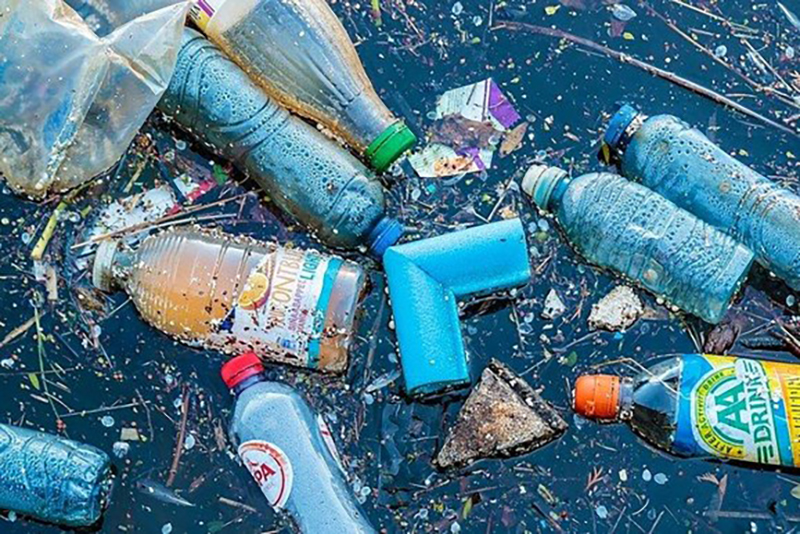A newly released report shows that the use of plastic is an alarming problem in Australia.
The Australian Marine Conservation Society and the World Wildlife Fund in Australia have just released their first report assessing greenhouse gas emissions from the production, use and recycling of plastic products.
Accordingly, in 2019-2020, the use of plastic in Australia has generated about 16 million tons of greenhouse gases, equivalent to the emissions that 5.7 million cars emit, equivalent to one-third of the current cars. used in this country. The study results are an alarming signal that in Australia the use of plastic utensils has a significant impact on greenhouse gas emissions.
The amount of plastic Australians use each year produces the equivalent of 5.7 million cars in greenhouse gas emissions

Under the Paris Agreement on climate change, Australia is only responsible for the amount of plastic produced in the country, equivalent to 13% of the plastic used here.
The remaining 87% of the plastic used in Australia is imported from abroad, so under the Paris Agreement on climate change, the country is not responsible for the emissions caused by this plastic.
However, if Australia does not take timely measures to reduce emissions from vehicles and manage plastic waste, the greenhouse gas emissions from these two objects could reach 42.5 million tons by the year. year 2050.
Faced with this situation, the report said that to achieve the goal of cutting greenhouse gas emissions from plastic by 70% by 2050, Australia should cut at least 10% the use of plastic utensils; increase the recovery and recycling of plastic with renewable energy and stop producing plastic from virgin fossil fuels.
The use of plastic, especially single-use plastic, is also a matter of concern to the Australian government. Last month, the federal and state governments in Australia reached an agreement to change packaging regulations by 2025 to force companies that put plastic products on the market to be responsible for handling plastic products. plastic waste.
However, according to Shane Cucow, plastic campaign director of the Australian Marine Conservation Society, it is not enough to issue regulations on packaging and plastic recycling, Australia needs to reduce and set limits for plastic use. just made a big change.